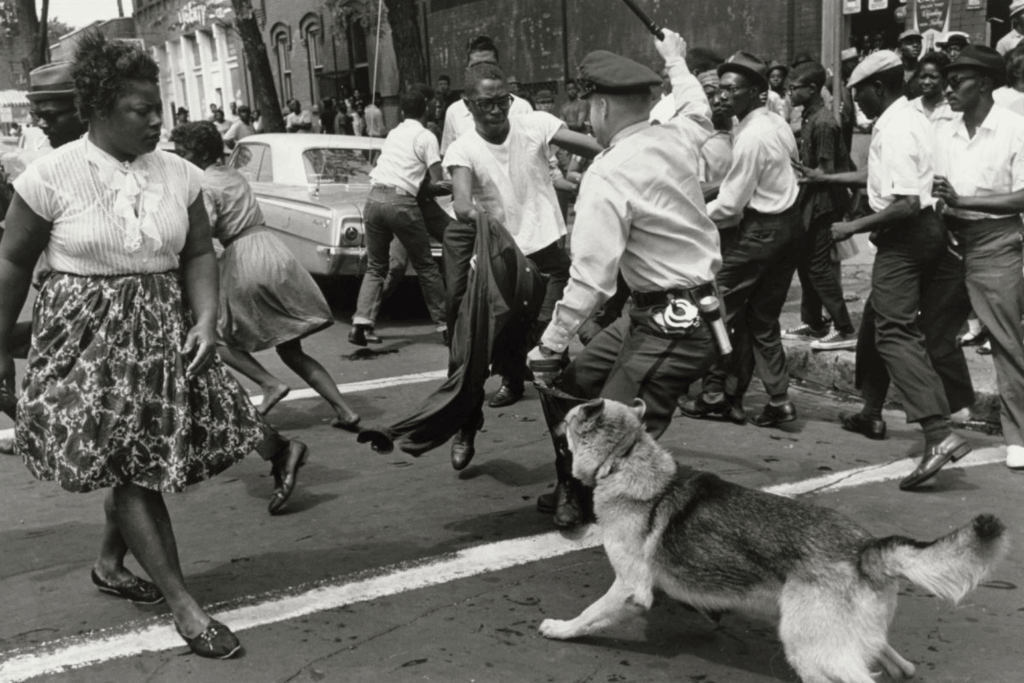Pain is Not a Right of Passage

The right to protest is one of the most fundamental and invaluable facets of the US Constitution. Sadly, throughout history, there have been numerous accounts of violent interventions by law enforcement against peaceful protestors, suppressing and chastising their demonstrations.
On May 3, 1963, peaceful protestors, participating in the Children’s Crusade against segregated schools, marched through Birmingham, Alabama, when police officers loosed K-9s and sprayed highly pressurized fire hoses onto the crowd. The abusive force came after the local jails reached maximum capacity from arrests at previous civil rights protests, so arrest — a comparably disheartening reality — wasn’t an option for the authorities.
Unjust and coercive violence against protesters still exists today.
On June 1, 2020, President Donald Trump deployed the National Guard on a group of peaceful Black Lives Matter protestors located outside of the White House. Protestors were hit with rubber bullets, pepper spray and tear gas while flash-bang grenades were thrown to disperse sectors. He claimed he wanted to “stop looting and rioting,” but his actions targeted a calm, settled protest. This is considered — and will only ever be — grievous.
Ninety-three demonstrators were arrested in the spring of 2024 for participating in an encampment on USC campus. The protest was reported as mostly peaceful, yet the university administration allowed Los Angeles police to antagonize participants. This protocol was harmful because it unfairly generalized and villainized supporters of the pro-Palestine movement.
In 2022, following the COVID-19 pandemic when the rate of Asian hate crimes surged, a disbeliever in the Stop Asian Hate organization’s mission drove their car through a crosswalk, hitting protestors and screaming profane, hateful rhetoric in Diamond Bar, California. In this case, having been a victim of the tragic and deplorable collision the convicted driver inflicted is not something to gloat about.
There is a difference between being a survivor and enduring pain in order to advocate for communities in need, and centering oneself in the narrative. When attending a protest, one’s mind should always be on the affected communities and how to elevate them.
Taking a movement and turning it into a sob story or badge of honor is selfish and ignorant. Marginalized communities don’t want to suffer, but sadly do. While it is definitely commendable to exercise one’s civic duty to protest, it is also important to recognize that it is a privilege to do so.
Not everyone has the ability to step onto the front lines. There may be a risk of racial profiling or miscommunication that activates intense enforcement measures. Moreover, bragging about a criminal record earned from attending a protest is tone deaf because for some communities, the associated stigma can be permanently paralyzing.
Violence against peaceful protestors will always be sad; it will never be celebratory. The performative nature of protest culture must change. Allies need to be more mindful and respectful of the reason they’re demonstrating: not to earn clout for being perceived as a good person, but to help enact positive change by emphasizing the voices of the oppressed.
